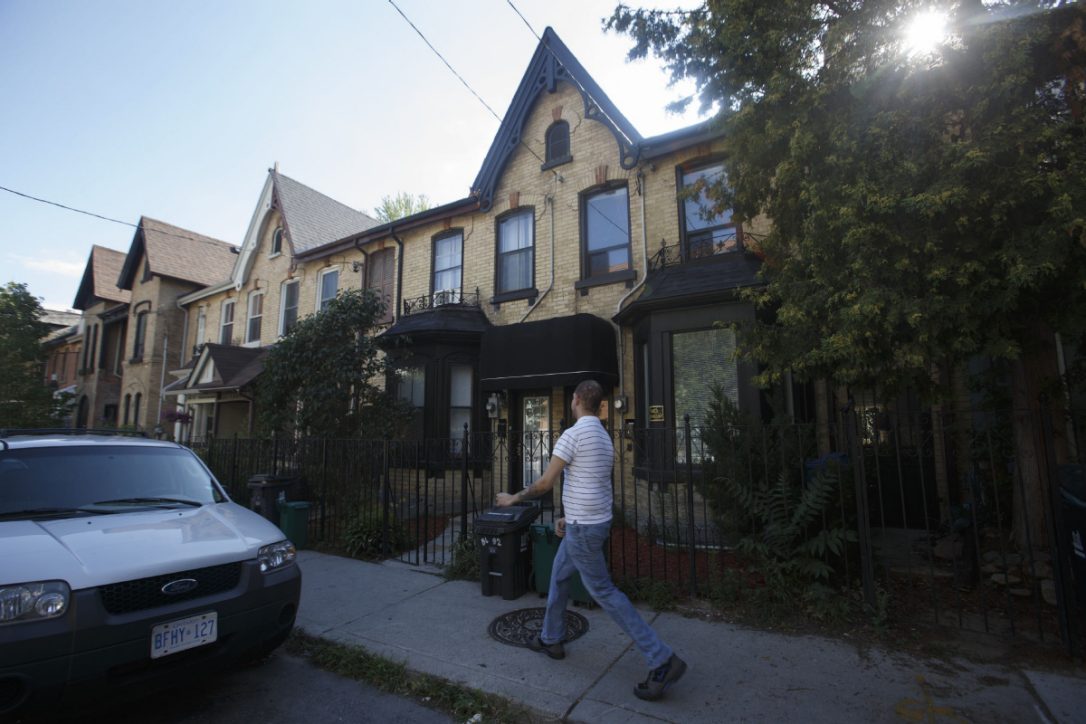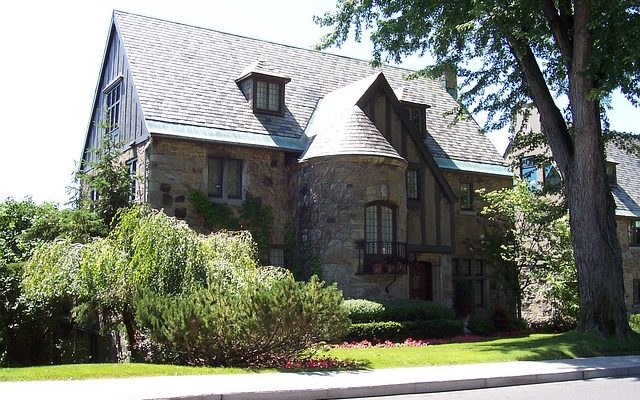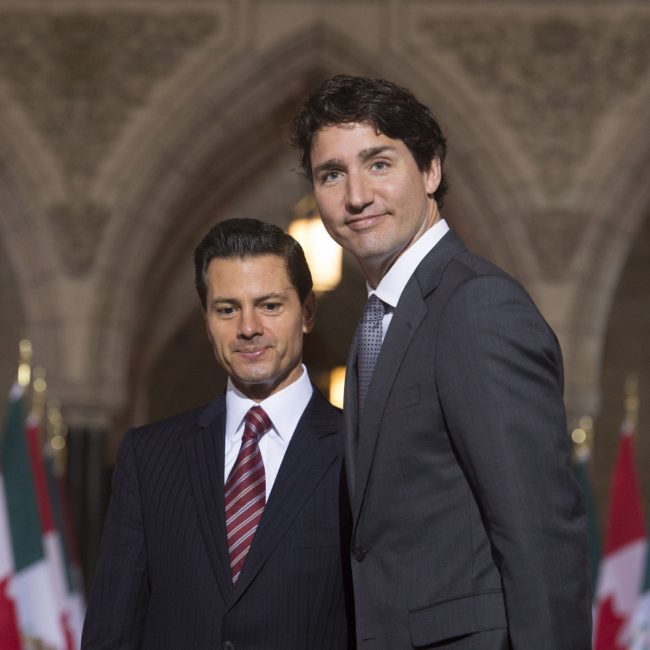Bleecker St. Rentals Charged with Zoning Violations

The city is taking the owners of three downtown homes on Bleecker St. to court for alleged zoning violations related to their use as short-term rentals — a business city council is expected to look at regulating next year.
If the owners are convicted, it will be the second time Toronto’s Municipal Licensing and Standards (MLS) department has been successful in laying these kinds of charges in connection to the city’s booming short-term rental market.
In this case, the houses near Sherbourne and Wellesley Sts., have been listed on several rental sites and been the subject of complaints by neighbours, who say they were unnerved by strangers coming and going, noise, garbage and parking issues.
The charges against 104 and 106 Bleecker St. date back to incidents on Feb. 5. The charge against 102 Bleecker stems from May 9.
The zoning bylaw outlines the uses that are permitted for any city property, said Mark Sraga, director of Investigation Service for MLS. In the case of Bleecker St., single family homes, row houses and tourist homes are all permitted.
For a tourist home, the bylaw requires it to be the principal residence of the landlord. In this case, the homeowners don’t live there, Sraga alleged.
Two other homes on Bleecker St. are part of the same rental business, owned by Roman Neyolov, who is listed as the owner of the two other Bleecker St. properties.
Although his name is not on the titles of the three houses charged, he told the Star last May that he has an interest in the properties.
In that previous interview, he also said that Bleecker St. residents had harassed his tenants.
Neyolov told the Star he would welcome rental regulations such as those Quebec uses in its tourist home system where properties are inspected by the government and landlords pay a fee.
He did not respond to a Star request for comment for this article. The owners listed on the property records couldn’t be reached for comment.
The maximum fine for a zoning violation is $25,000 for an individual and $50,000 for corporations, according to Sraga.
“Those are the maximums so we would not expect anything near that,” he said.
In the absence of a city policy that sets clear rules for rentals on web-based platforms such as Airbnb and VRBO, the zoning charges are a welcome response, said Thorben Wieditz of the hotel workers union-led Fairbnb coalition.
The coalition uses the term “ghost hotels” to refer to properties that are operated as short-term rentals by absentee owners.
“At the end of the day, regulation is needed to avoid the city going after individual violators. If you have a system in place where platforms are forced to only post listings that have a valid city permit, then we would not have to deal with these kind of scenarios because these places would not be on the short-term rental market in the first place,” said Wieditz.
Last month, the owner of a Willowdale home, the site of a March shooting, pleaded guilty to a single zoning bylaw violation involving a short-term rental.
The justice of the peace agreed to delay sentencing in that case until January to give the owner time to put the house on Glenelia Ave., near Bayview and Cummer Aves., on the market.
The property sold for about $2 million on Nov. 30.
The Bleecker St. charges are expected to be heard in court on Jan. 9.








